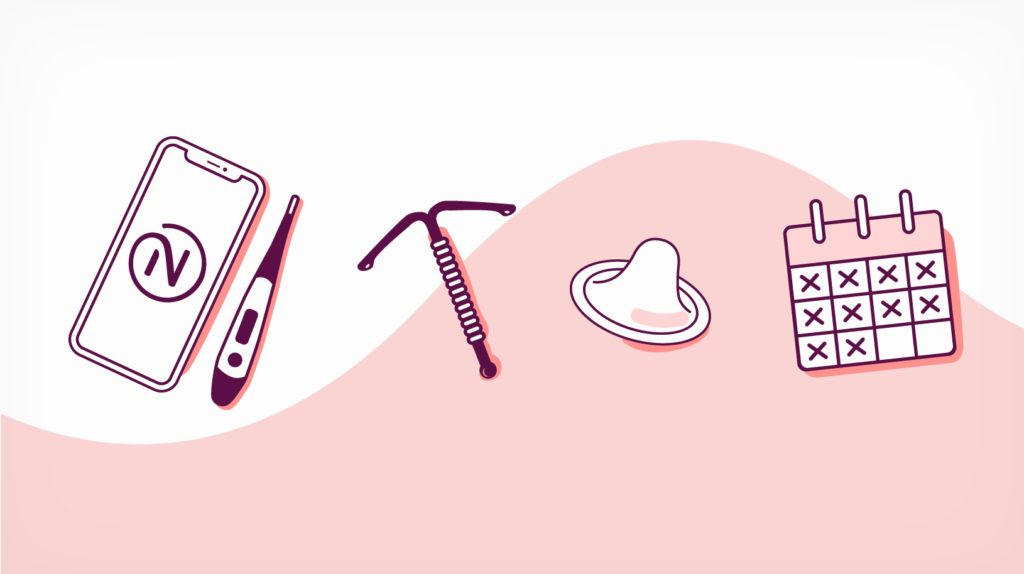1 in 4 women used hormonal contraception for AT LEAST 10 YEARS, despite suffering unwanted side effects

Women have been using the contraceptive pill for over 60 years; it has the power to chemically control fertility but side-effects are wide-ranging among users. It doesn’t help that the pill hasn’t always evolved with the times – having arrived in Britain in 1961, it only emerged in 2019 that those taking the combined pill had been having seven-day period breaks every month unnecessarily.
100 million women in the UK are using the pill according to the NHS, making it still the most popular option. The pharmaceutical industry’s lack of commercial interest in the male pill and male contraception means responsibility falls on women to get it right – not the progress we’d hope for in 2020.
Other key stats include:
· 1 in 4 women used hormonal contraception for at least 10 years, despite suffering unwanted side effects
· Nearly half of respondents (41%) have persevered for 3-10 years
86% of women stated hormonal contraception had unwanted side effects – including depression and weight fluctuation
45% of users started using birth control between 16-18 years old
Dr Elina Berglund, CEO and co-founder of Natural Cycles, comments on why women should have a choice:
“Even in 2020, it’s women who primarily carry the responsibility that comes with preventing pregnancy through contraception. And according to the thousands of women we asked, this responsibility is often a burden due to the unwanted side effects that come with different forms of birth control. No one birth control option is right for every woman and we need to stop talking to women as if their needs are universal. We can start doing a better job of educating women around their options not only so they can make a more informed decision, but so they don’t feel ‘stuck’ with an option that isn’t working for them. No woman should feel the need to stay on a form of birth control for years and years that they are not happy with.”
Dr Jack Pearson, Medical Affairs Manager at Natural Cycles, gives his medical perspective on the data:
“When it comes to birth control there are two things I wish every woman knew: the first is that no one knows your body better than you, equipping you with personalised reasons for contraceptive choice, and the second is that there are options to choose from based on these unique preferences. I recommend asking your healthcare provider questions, doing your own research, trying different methods, and finding the best method that suits you and your needs. And remember, these individual needs often change over time so your birth control method may as well.”




